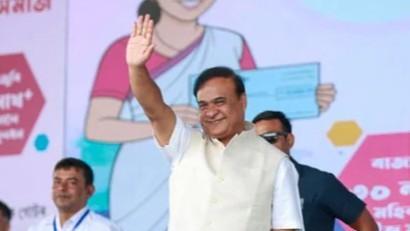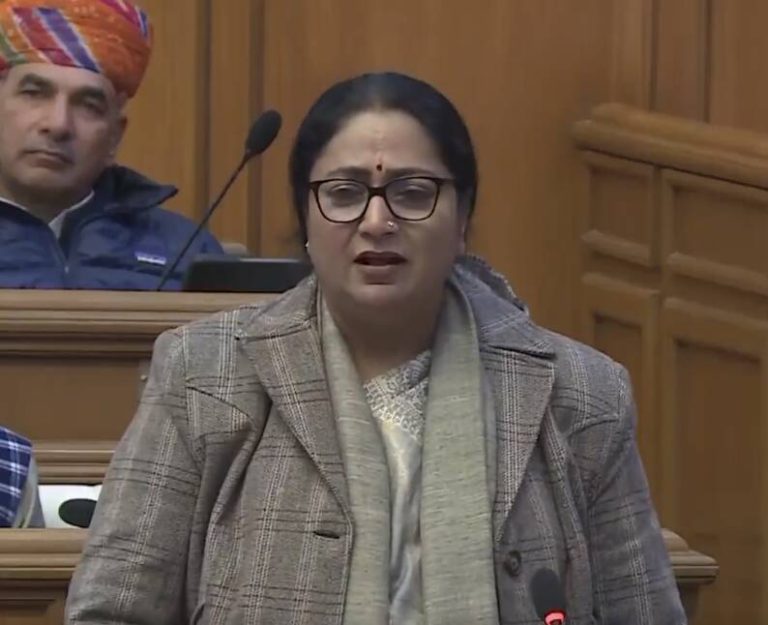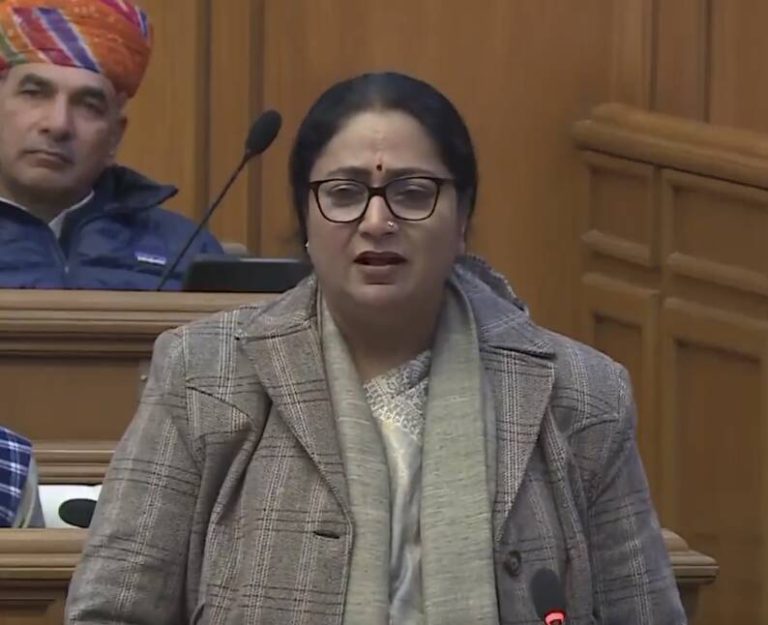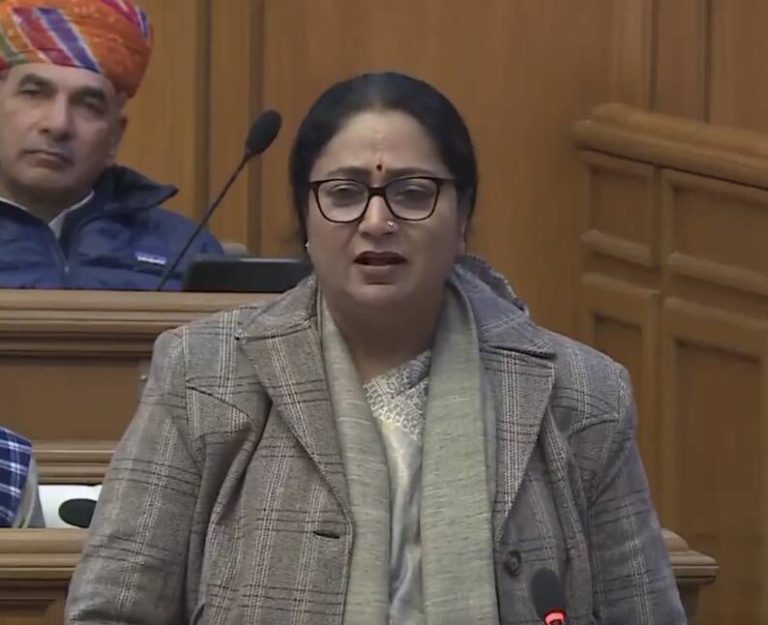
Assam CM helped Nitish work out ₹10,000 for women scheme: Report
In a significant development, it has come to light that the Chief Minister of Assam, Himanta Biswa Sarma, played a crucial role in helping the Bihar government, led by Nitish Kumar, formulate a scheme to provide ₹10,000 to women. According to reports, a large part of the credit for Bihar’s scheme, known as the Mukhyamantri Mahila Rojgar Yojana, goes to Sarma. This revelation highlights the growing collaboration and exchange of ideas between different state governments in India, with the aim of promoting women’s empowerment and economic development.
The scheme, which aims to provide financial assistance to women, is a key initiative of the Nitish Kumar government, and its launch has been seen as a major step towards promoting women’s economic independence. However, it has now emerged that the idea for the scheme was heavily influenced by a similar initiative in Assam, known as the ‘Jeevika ₹10,000 model’. This model, which was developed by the Assam government, involves providing financial assistance to women’s self-help groups, with the aim of promoting entrepreneurship and economic development.
According to reports, Sarma sent a team of bureaucrats from Assam to Bihar five months ago, at the request of the Nitish Kumar government. The team, which included senior officials from the Assam government, made a presentation before Bihar officials on the ‘Jeevika ₹10,000 model’, highlighting its key features and benefits. The presentation is said to have impressed the Bihar officials, who subsequently incorporated many of the ideas and features of the Assam model into the Mukhyamantri Mahila Rojgar Yojana.
The role of Sarma and the Assam government in helping to shape the Bihar scheme has been acknowledged by NDA leaders, who have praised the collaborative approach adopted by the two governments. The leaders have said that the exchange of ideas and best practices between different state governments is essential for promoting development and addressing common challenges. By working together and learning from each other’s experiences, state governments can develop more effective solutions to pressing problems, such as women’s empowerment and economic development.
The Mukhyamantri Mahila Rojgar Yojana, which was launched recently, aims to provide ₹10,000 to women who are part of self-help groups, with the aim of promoting entrepreneurship and economic development. The scheme is seen as a major initiative by the Nitish Kumar government to promote women’s economic independence and empowerment, and its success is being closely watched by other state governments.
The involvement of the Assam government in shaping the Bihar scheme highlights the growing importance of inter-state cooperation and collaboration in India. As different state governments face common challenges and work towards similar goals, the need for collaboration and exchange of ideas is becoming increasingly important. By working together and sharing best practices, state governments can develop more effective solutions to pressing problems, such as women’s empowerment, economic development, and poverty reduction.
The ‘Jeevika ₹10,000 model’, which was developed by the Assam government, is a significant initiative that aims to promote entrepreneurship and economic development among women. The model involves providing financial assistance to women’s self-help groups, with the aim of promoting entrepreneurship and economic development. The success of the model in Assam has been impressive, with many women’s self-help groups benefiting from the initiative.
The incorporation of the ‘Jeevika ₹10,000 model’ into the Mukhyamantri Mahila Rojgar Yojana is a significant development, and highlights the growing recognition of the importance of women’s economic empowerment. By providing financial assistance to women, the scheme aims to promote entrepreneurship and economic development, and help women to become more financially independent. The success of the scheme will be closely watched by other state governments, and its impact on women’s economic empowerment will be a key factor in determining its effectiveness.
In conclusion, the role of the Assam CM, Himanta Biswa Sarma, in helping to shape the Bihar government’s scheme to provide ₹10,000 to women is a significant development. The exchange of ideas and best practices between different state governments is essential for promoting development and addressing common challenges. By working together and learning from each other’s experiences, state governments can develop more effective solutions to pressing problems, such as women’s empowerment and economic development. The success of the Mukhyamantri Mahila Rojgar Yojana will be closely watched by other state governments, and its impact on women’s economic empowerment will be a key factor in determining its effectiveness.
News Source: https://indianexpress.com/article/political-pulse/assam-cm-sarma-nitish-kumar-govt-rs-10000-scheme-10375526/lite/





